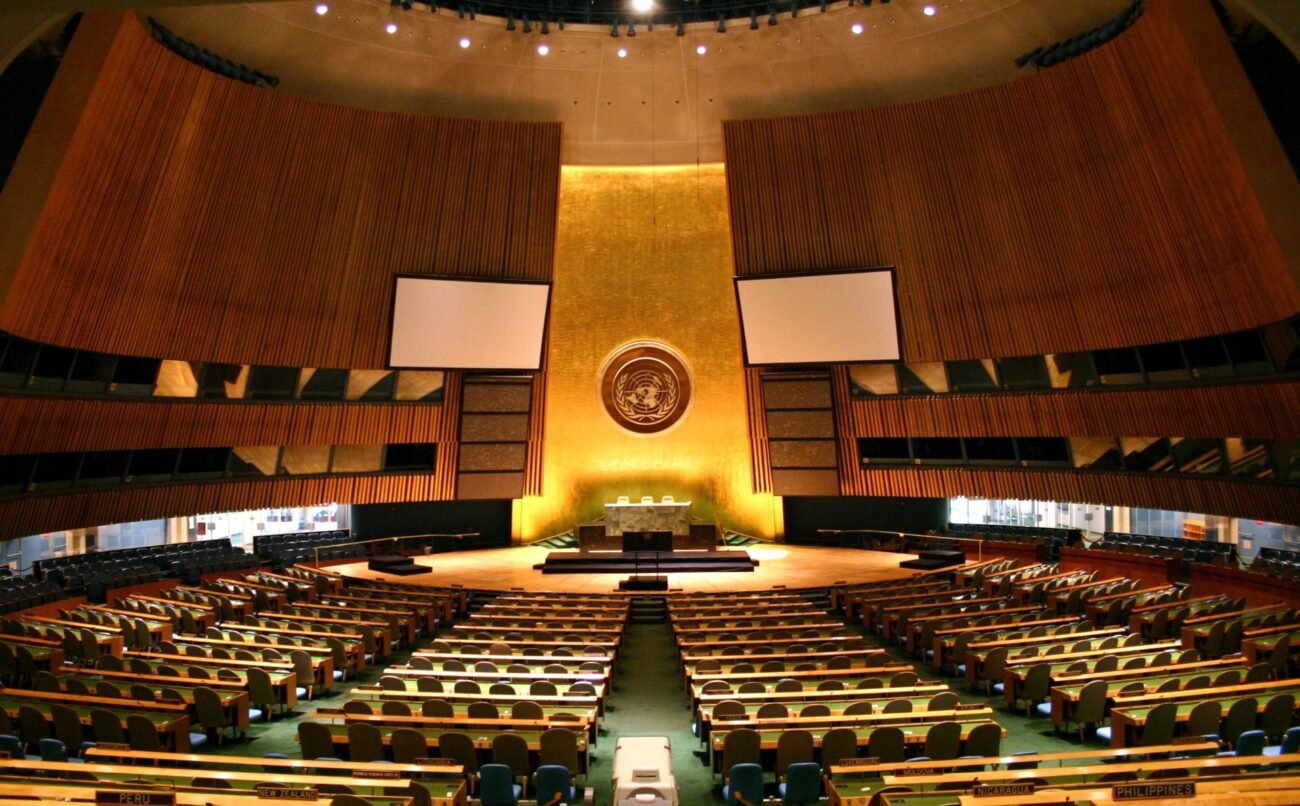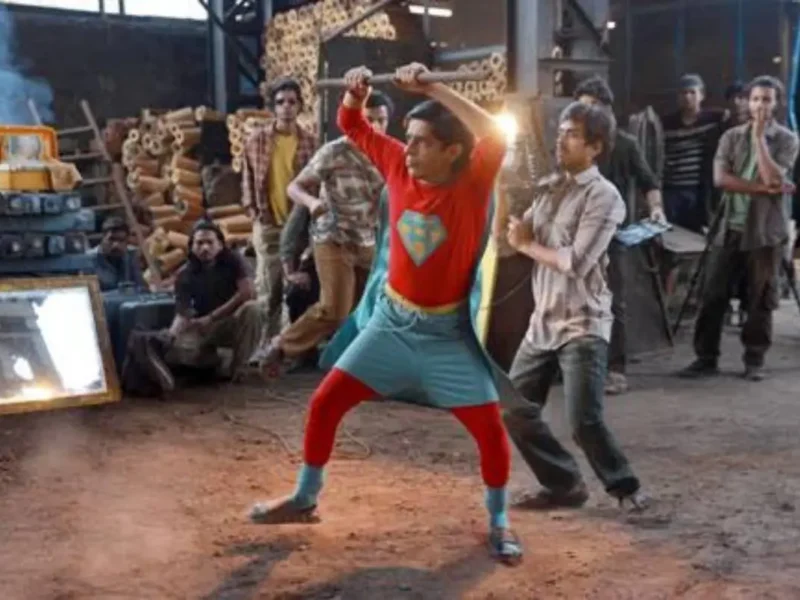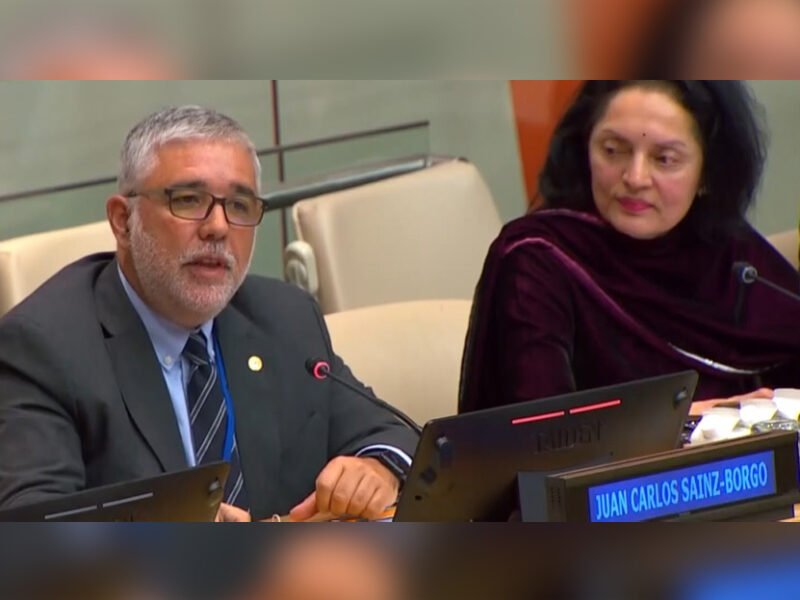
Russian Vetoes on Ukraine: UN Agrees to Make UNSC Permanent Members Explain, India Agrees
NEW YORK, NY (IANS) – The UN General Assembly has voted a measure seeking to make the five permanent members of the Security Council answerable for their vetoes, and although India criticized it as inadequate, it went along with the unanimous approval of it.
With action on the invasion of Ukraine held hostage by Russian vetoes at the Council, the UN General Assembly has adopted the resolution that would require it to meet within 10 days after a veto has been cast in the Council to debate the veto and give the vetoers a chance to speak to it.
While reiterating India’s call for a complete reform of the Council, Deputy Permanent Representative R. Ravindra said the resolution was a “flawed approach (that) is, therefore, an aberration” that cannot address the totality of the problems with the Council’s role and powers.
The resolution also demands that the Council have to send a report on the veto to the Assembly.
The resolution proposed by Lichtenstein was co-sponsored by more than 80 UN members, including permanent members — US, Britain and France.
The other permanent members, China and Russia, did not press for a formal vote on the resolution in the face of the wide support for it and went along with it, even though Beijing said it was opposed to it.
Ravindra said, without a reform, the Assembly can do very little about the veto powers as the permanent members “have a veto over the veto. Either all nations are treated equally in context of voting rights or else the new permanent members must also be given the veto,” he added.
Without naming it, Ravindra took aim at a group of countries called Uniting for Consensus (UfC) led by Italy and includes Pakistan, calling it “a vocal minority of nay-sayers have held the entire process of Security Council reform hostage over the last four decades”.
With the Council deadlocked on Ukraine by the vetoes of Russia, which has invaded that country in contravention of the UN Charter, he said, “there has never been a stronger need for innovation in order to secure the central role and voice of the United Nations.”



